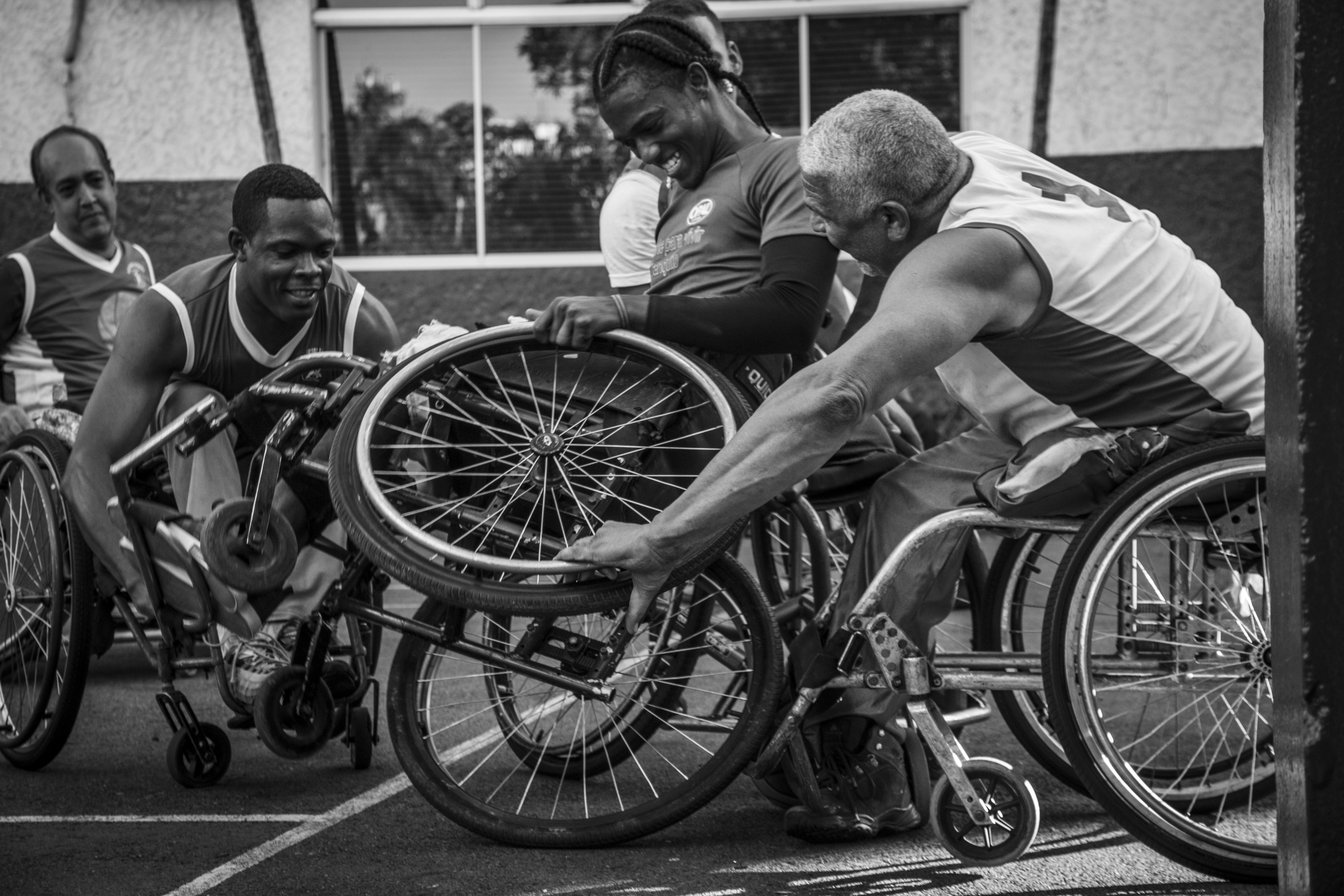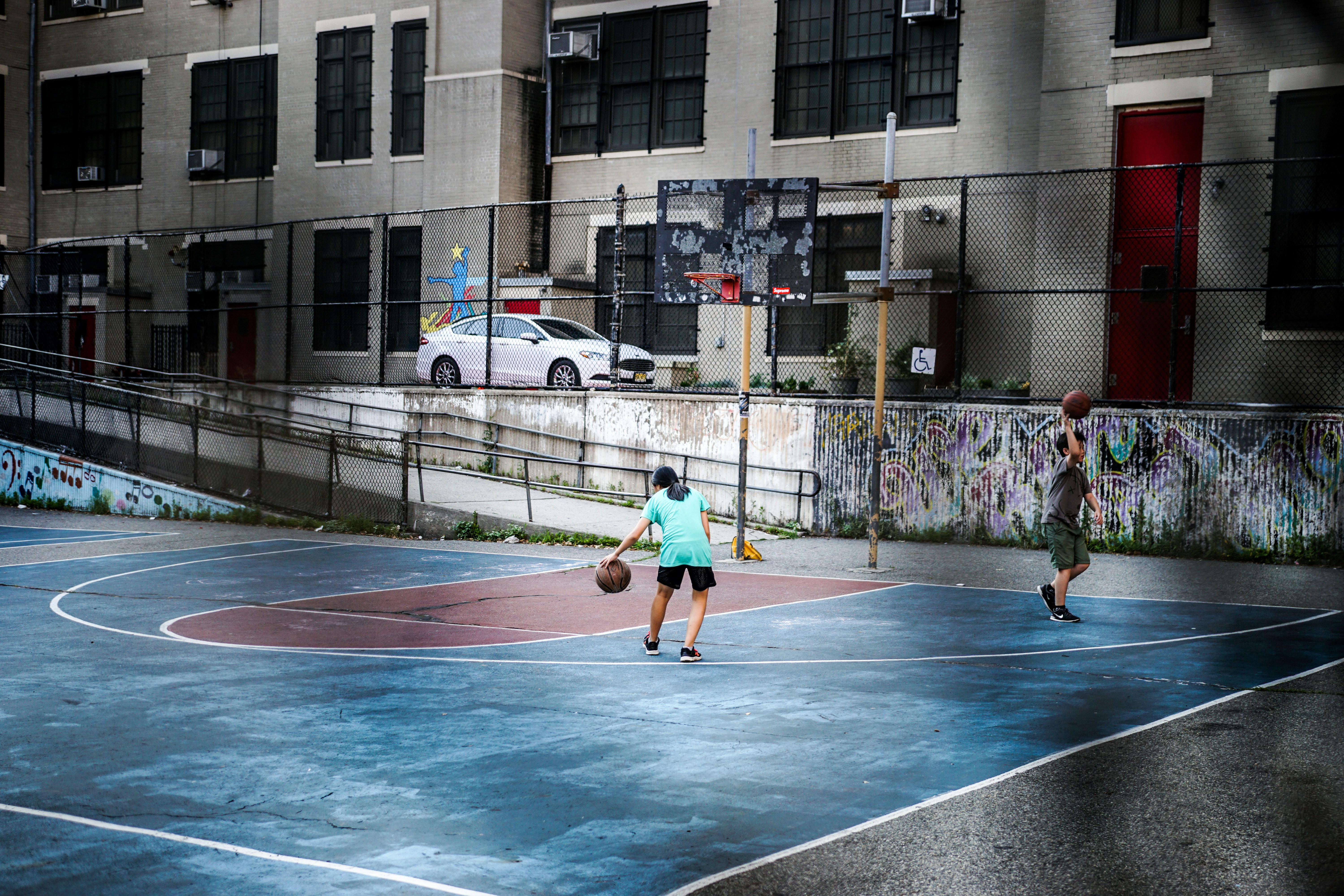Beyond the Playing Field: Athlete-Humanitarian Efforts Shape Legacies
In the glamorous world of sports, where victories on the field often steal the spotlight, a subtle but profound transformation is emerging: the role of athlete-humanitarians. These athletes go beyond scoring points or winning championships; they are reshaping their legacies by giving back to their communities and championing causes that matter. Whether it’s promoting education, tackling social injustices, or environmental stewardship, the impact of these efforts is becoming increasingly evident, redefining what it means to be a sports hero.
The Evolving Definition of Athlete Legacies

The concept of an athlete legacy has traditionally revolved around awards, records, and unforgettable plays. However, as society becomes more conscious of social issues, there's a growing realization that contributions off the field are equally, if not more, significant. Increasingly, fans are valuing athletes who leverage their platforms to advocate for change. This intersection of sports and social responsibility is reshaping perceptions, as athletes become symbols of hope, courage, and resilience in their communities.
From Athletes to Activists
Take LeBron James, for instance. While he is lauded for his incredible skills on the basketball court, his commitment to social justice, education reform, and economic empowerment through initiatives like the "I PROMISE School" illustrates a broader societal role that transcends athletics. His philanthropy in underserved communities in Akron, Ohio, has resonated deeply with fans and reflects a new standard for what it means to be an athlete today.
The Ripple Effect of Athlete Philanthropy

Athlete humanitarian efforts are not isolated endeavors; they spark a ripple effect within communities. When sports figures lend their voices to causes, they inspire fans and fellow athletes alike to engage. One excellent example is Colin Kaepernick’s protest against racial inequality in the United States. His stance ignited conversations across the nation and encouraged other athletes to use their platforms for advocacy.
Empirical studies have shown that such initiatives not only elevate social awareness but also lead to tangible humanitarian results. According to a report by Harvard Business Review, athletes’ involvement in social issues raises $2.5 million on average for the respective causes they support. Collective action amplifies the impact, as seen during fundraising events or awareness campaigns initiated by teams, influencing corporate sponsorships and support in ways that transcend typical charity.
Using Platforms for Positive Change

Social media is a crucial tool for athlete-humanitarians. Platforms like Twitter, Instagram, and TikTok allow athletes to share their messages with millions, making it easier for them to mobilize their fan base for a cause.
Consider the #BlackLivesMatter movement, where athletes like Serena Williams, Chris Paul, and many others used their social media presence to advocate for racial justice, raising awareness and demanding action from fans and institutions alike. The positive messaging permeated sports culture and beyond, showcasing how these platforms can be harnessed for activism.
Inspiring Future Generations

Beyond immediate impacts, athlete-humanitarian actions also lay the groundwork for future generations. Young athletes, inspired by figures like Naomi Osaka and Megan Rapinoe, are more likely to embrace the idea of advocacy as part of their sports careers. As athletes willingly step into the role of community leaders, they instill values of empathy, activism, and responsibility in the younger audience who look up to them.
For instance, programs like “Beyond the Game” integrate sports with community service initiatives in schools, emphasizing the importance of giving back. These efforts are creating a legacy that extends far beyond championships and accolades, nurturing a culture of inclusivity and empowerment.
The Role of Corporations in Athlete Initiatives

The sports industry is evolving, and corporations are taking notice. A growing number of brands are partnering with athlete-humanitarians to amplify their efforts. Sponsorships now often extend beyond the traditional advertisements and include active participation in social initiatives, reflecting a shift in corporate responsibility.
Brands like Nike have launched campaigns that align with social justice efforts, utilizing prominent athletes as ambassadors for change. These collaborations enhance brand loyalty, as consumers increasingly flock towards companies demonstrating ethical commitments and genuine social outreach.
Investing in these partnerships can yield significant returns, with top brands seeing a 20% increase in sales attributed to their involvement in social causes according to various market analyses.
The Challenges of Being an Athlete-Humanitarian

While the movement toward humanitarianism in sports is promising, challenges persist. Athletes face scrutiny over potential discrepancies between their values and their sponsorship deals. Critics argue that some athletes engage in philanthropy primarily for image management rather than genuine commitment, which can lead to scrutinized authenticity.
Moreover, the pressure to maintain public image and navigate political landscapes can also burden athletes, who may feel overwhelmed or hesitant to speak out. Understanding this duality is crucial to fostering a supportive environment where athletes feel empowered to be true advocates.
Blazing a Trail for Future Advocates

Fortunately, as the landscape of sports changes, so too does the narrative surrounding athlete humanitarianism. With support from fellow athletes, fans, and brands, the path to advocacy is becoming clearer. Nonprofits and community organizations are also tapping into the power of athlete endorsements to elevate their causes.
To maximize impact, collaborations between athletes and strategic partners should emphasize authentic narratives that resonate with audiences. It’s essential to focus on shared values, fostering a deep connection that fosters trust and engagement.
For inspiring insights on cultivating a resilient mindset among athletes, check out The Resilience Factor.
Final Thoughts
While the sports world will always celebrate physical prowess and athletic achievements, it's the stories of athlete-humanitarian efforts that will truly define the legacies of today’s sports figures. The emerging generations of athletes are clear: they are not just players but also advocates, change-makers, and influential leaders. As sports fans, we too have a role in supporting these movements by standing with our athletes and encouraging their steps toward impactful change.
By recognizing the importance of social responsibility in sports, we not only enlarge the narrative around athletes but also enrich our communities and inspire future heroes to embrace their roles beyond the playing field.
For more compelling discussions on sports and community engagement, explore From Playgrounds to Podcasts.



